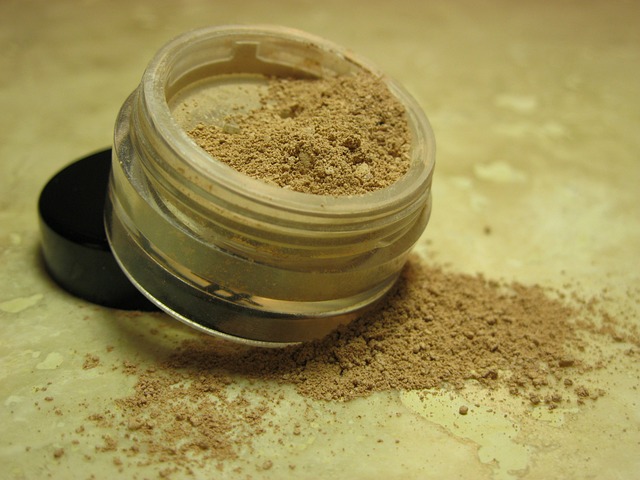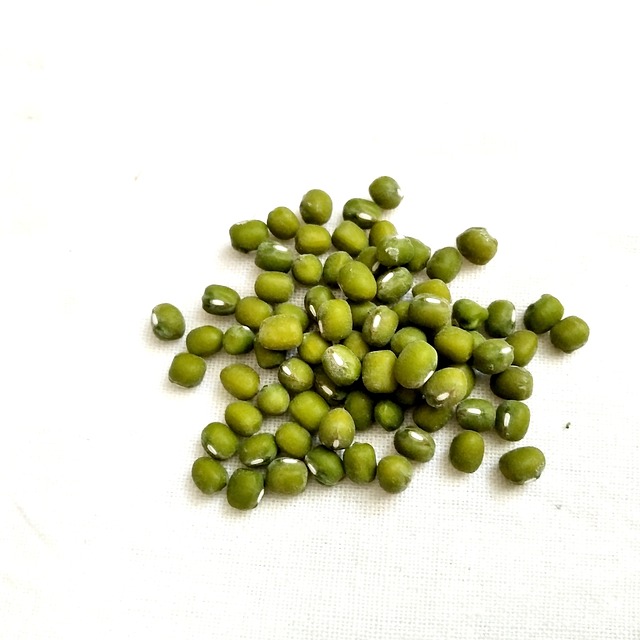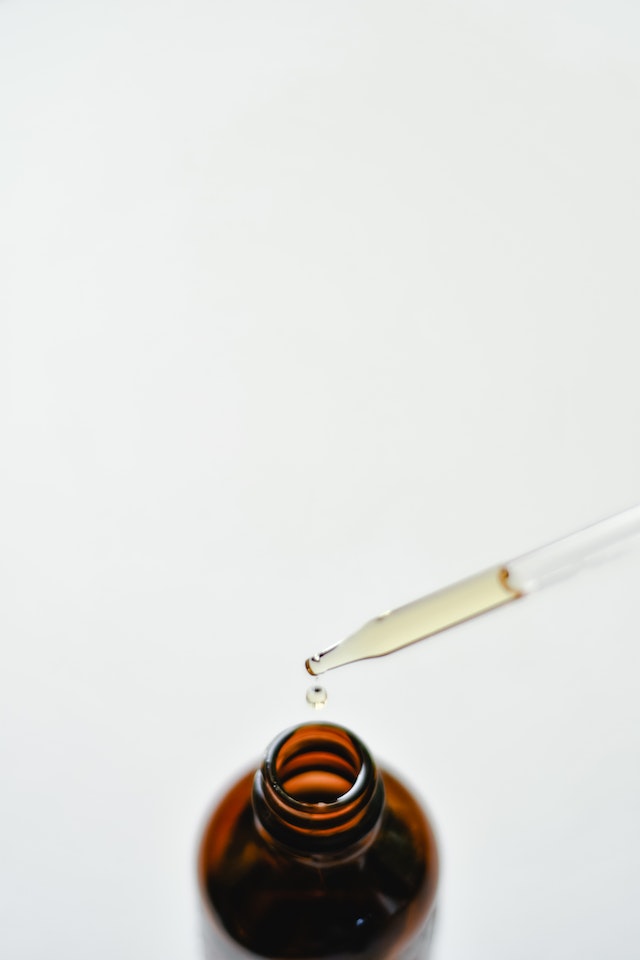Oily skin is particularly prone to the formation of dead skin cells, blackheads, and blocked pores. Dealing with a greasy and oily face can feel like a battle. Oily skin treatment would require proper skin care routine. A daily skin care routine for oily skin can help reduce acne and prevent greasy or oily skin.
Oily skin is prone to many skin blemishes such as whiteheads, blackheads and pimples. It also appears greasy and is susceptible to enlarged pores. Oily skin occurs due to overproduction of oil or sebum by the sebaceous glands of the body. This overproduction of sebum could occur on account of various factors such as improper diet and hormonal fluctuations.Hormonal fluctuations commonly occur during puberty and in times of stress. These imbalances can stimulate the sebaceous glands into producing excess sebum. Other causes of oily skin include intake of birth control pills, humid and hot climate and use of harsh cosmetics.
Oily Skin Care Routine
Tackling oily skin can be quite a task, but it can be managed. Skincare for oily skin helps to reduce acne, breakouts, and shine. Knowing what not to include in an oily skin care routine is just as important as figuring out what to include. If your skin is oily, try these natural skin care routine for oily skin to tame the shine and fight the pimples.
Step 1: Cleanse With an Oily Skin Face Wash
Regular cleansing is necessary to get rid of excess oil and to prevent dirt and bacteria from adhering to the skin. Lukewarm water should be used to clean the skin. It is also important to use a facial cleanser that is especially meant for oily skin.
When seeking oily skin treatment avoid cleansers and other skin care products that are high in chemical content as these can harm the skin. Instead of using commercial facial cleansers, one could also use milk to cleanse the skin as it prevents drying.
Harsh products can dry out the skin and cause the oil glands to produce an increased amount of sebum to compensate for it. For skin that is prone to acne and blackheads, medicated soaps may be used to treat bacterial infection.
Step 2: Exfoliate Regularly
Exfoliation is the removal of the top layer of dead skin cells from the skin. The cells, having completed their life cycle, are essentially still clinging to your skin, face, and body when they are no longer needed. They can make you look older, drier, and less vibrant if they are not sloughed off with exfoliation.
Dead skin cells are naturally removed as newer cells push through, but exfoliation keeps the process fresh, ensuring that your newer, fresher skin is always visible. Exfoliating the skin also improves the skin's ability to receive serums and other moisturizers that can help protect and rejuvenate the skin, which is why exfoliation is so important in facials as well as other beauty treatments.
Oily skin care routine also includes regular exfoliation in order to remove oil, debris, and dead skin cells that clog your pores. Exfoliation also unclogs the pores and prevents skin blemishes and this is an effective oily skin treatment.
Step 3: Use Oily-Skin Moisturizer
Although an excess of sebum can cause oily skin and acne, it does not imply that the skin is well-hydrated. Even if your skin is oily and acne-prone, you should moisturize it. To understand why, let's look at what a moisturizer actually does. Moisturizers do not add water to your skin, but rather help to keep the water in the skin's outer layer hydrated.
A non-comedogenic, oil-free moisturizer that absorbs quickly, dries matte, and feels lightweight on the skin is a good choice for your oily skin.
Step 4: Protect With an Oily-Skin Sunscreen
Last but not least, sunscreen is a must-have for your morning skin-care routine. Forget everything you thought you knew about face sunscreens; they don't have to be greasy, heavy, or uncomfortable to wear; all you need to do is find the one that's right for you. Look for mineral sunscreens that are oil-free and contain zinc oxide or titanium dioxide. Sunscreens that are non-comedogenic will not clog pores or irritate acne-prone skin.
Home Remedies for Oily Skincare
Home treatment for oily skin includes some natural remedies which remove excess oil reduce acne and improve health and appearance of the skin.
Sandalwood Powder
Sandalwood powder is a well known remedy for regulating sebum production, blackheads and blemishes. It has nourishing and astringent properties that help to stop excessive oil production from your pores. Additionally, this lessens the likelihood of future breakouts and clogged pores.
Add a few drops of rose water to sandalwood powder to make a paste and then apply to the skin to get rid of oily skin on face. When applied to the skin, sandalwood powder balances the excess oil and sebum, nourishes the skin, and treats acne.
Fuller’s Earth
For centuries, fuller's earth, a type of clay, has been used to remove excess oil and impurities from the skin. It is the most popular and frequently used natural ingredient that effectively treats oily skin, clears acne, and lessens blemishes. For those with oily skin or clogged pores, fuller's earth can be a useful skin cleanser because of its well-known capacity to absorb oil and other impurities. Additionally, it is said to soften the skin and enhance skin tone and complexion.
Mix 1 tablespoon of fuller's earth with rose water and lemon juice. Apply the smooth paste on the face and leave it for 15-20 minutes. Once it dries, wash with lukewarm water. This natural skin care treatment helps to reduce oiliness and also prevents spots and wrinkles.
Lemon Juice
Gram Flour
Green gram rejuvenates your skin by nourishing and exfoliating it. Gram flour acts as a cleansing agent, removing dead skin cells and brightening the skin's texture.
To make a thick paste, combine 1/2 cups of gram pulse, 1 teaspoon of turmeric powder, raw milk, 8-10 drops of mustard, and olive oil. Apply the paste to your face and body. Allow it to dry before massaging the paste all over with your palms and removing it. After that, rinse with lukewarm water. This paste is most effective when used 30 minutes before bathing.
Cucumber
Since cucumbers are a mild astringent, they help control oil production, tighten pores, and minimize pore size. Cucumber extract's cooling, cleansing, and purifying properties help your skin become supple and soft. It feeds your skin with vitamins, antioxidants, and nutrients.
Grate the cucumber and strain it through a cloth. Add 1 teaspoon lemon juice and 1 teaspoon rose water to 30 grams of cucumber water. Using a cotton ball, apply this cucumber toner to your oily skin on face and neck. After an hour, rinse with lukewarm water.
Wheat Germ Oil
Wheat germ oil, a naturally occurring oil is good for oily skin. Wheat Germ Carrier Oil, when applied topically, protects and hydrates the skin while softening and boosting skin flexibility. Because of its anti-inflammatory and antioxidant properties, it may aid in the management of oily skin problems such as irritation and acne.
A gentle massage of the skin with wheat germ oil is also beneficial for improving the condition of oily skin. It absorbs excess oil or sebum on the skin, which aids in acne treatment. It also aids in the reduction of inflammation and redness in the face.
Conclusion
Prior to being consistent with your skincare routine and having the right one, managing oily skin may seem like a daily battle. To control oil on the skin, wash the face, moisturize, and use blotting paper to absorb any excess oil. You manage oily skin by using easy DIY remedies. Aloe vera, Fuller's earth, and gramme flour can also be used to make face packs for oily skin.
Contact your doctor if your oily skin bothers you or makes you feel self-conscious, or if you also have acne.




















0 Comments